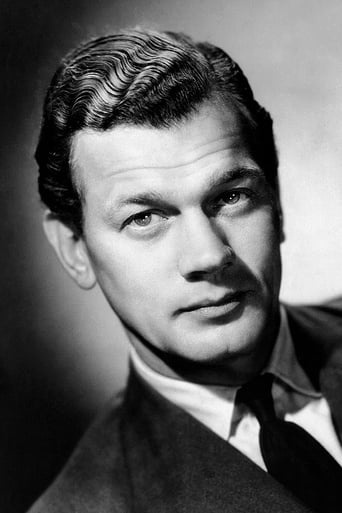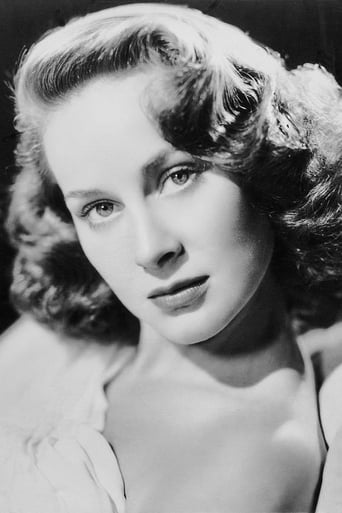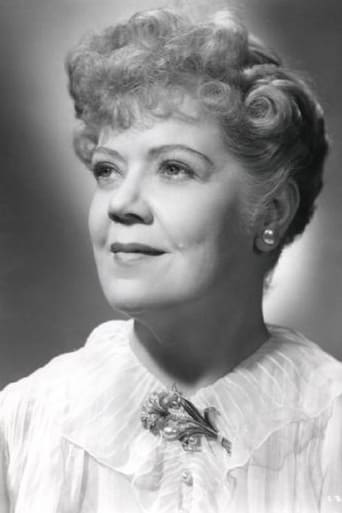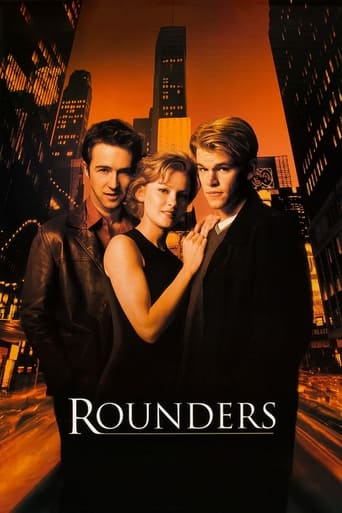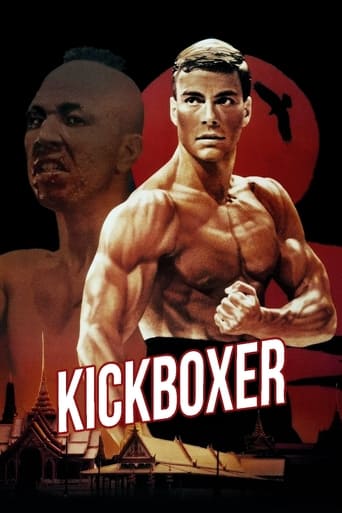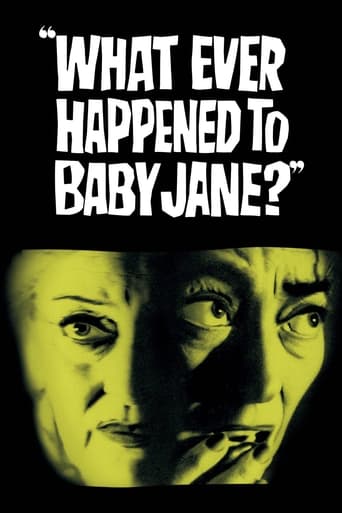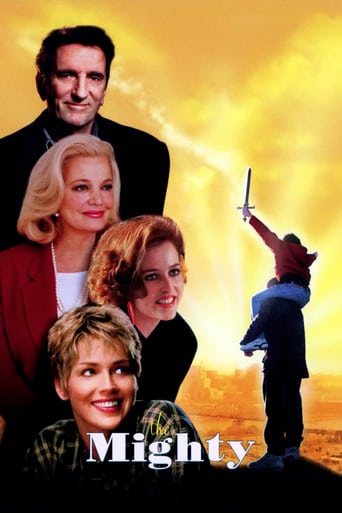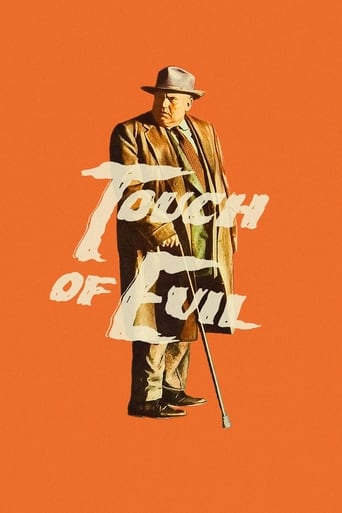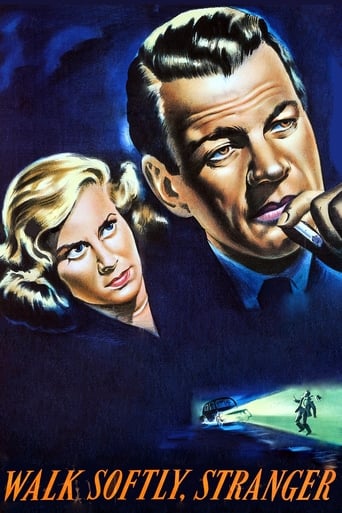
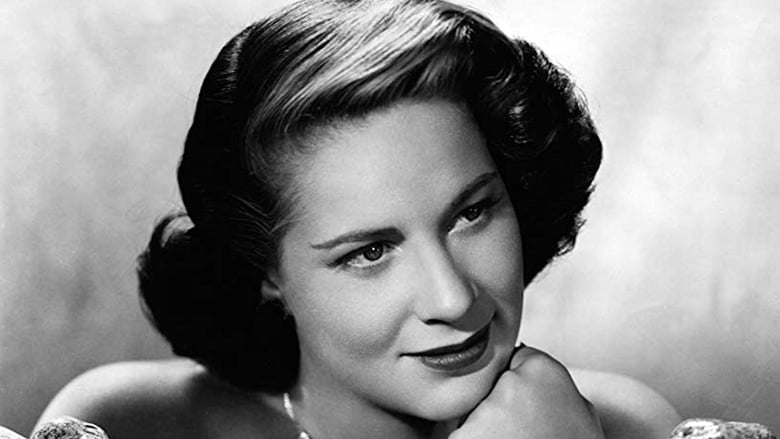
Walk Softly, Stranger (1950)
A petty crook moves to an Ohio town and courts a factory owner's disabled daughter.
Watch Trailer
Cast


Similar titles
Reviews
The Worst Film Ever
Admirable film.
The thing I enjoyed most about the film is the fact that it doesn't shy away from being a super-sized-cliche;
There are moments that feel comical, some horrific, and some downright inspiring but the tonal shifts hardly matter as the end results come to a film that's perfect for this time.
On the run gambler, con man Chris Hale Joseph Cotton inveigles his way into a small All- American town to lie low for awhile. He charms his way into the good graces of locals and begins a relationship with a local shoe titan's wheel chair bound daughter (Valli). While he envisions starting anew in this town he can't resist making one more big score by ripping off a vicious thug. The theft is cleanly pulled off and Hale disappears back to his small community where he has assumed another identity. Unfortunately his unstable partner in the robbery tracks him down and from here things begin to unravel. Fresh from their Third Man pairing Joseph Cotton and Valli made this stylish little noir that at times evokes masterworks of the genre such as Shadow of a Doubt and Out of the Past. It has some tightly edited and well filmed suspenseful moments and Cotton as always gives a strong understated performance. Valli on the other hand is still in her post war Vienna funk so enigmatic in Third Man but dull and lifeless here. Upbeat Spring Byington and especially surly and troubled Paul Stewart provide effective opposite examples of the human condition that pull at Hale's conscience. Unfortunately in it's final scene, Walk Softly Stranger takes advice from its title and signs off with a mawkish tacked on ending that obliterates the impact of the previous scene which is infinitely more compatible to the overall doomed mood of story and character.
I gave this a six because it is sort of a film noir. It's not really very good, though.Joseph Cotten was a superb actor. He did fine work for Orson Welles and is unforgettable in "Shadow of A Doubt." He was a low-keyed performer. However, he seems to be walking through this movie half-asleep. It's hard to get a fix on the character he plays and when we do, we don't really buy it.Alidda Valli was attractive but not much of an actress. She is implausible as a heavily accented local in a small city -- despite the explanation that she had been away till she was 18. The whole thing with her in a wheelchair and Cotten's being redeemed by dealing with a disabled person: Please! (That is giving nothing away. It's clear this is where the plot if going as soon as he meets her.) I saw a commercial video and sequences seemed to have been cut. If not, the editing is sloppy: There is a brief sequence in which Cotten's character is playing cards with an older woman whom we are apparently meant to know. I didn't recall having seen her before. Maybe I had dozed off. (But I don't think so.)
Valli looks as beautiful and depressed as ever in this film. She always had a sad aura about her and the producers were wise to stick her in a wheel chair where they could make good use of her gloomy vibe. This is a story that seems to know where it wants to go and I found myself engrossed in it, but I found the ending to be less than satisfactory. Joseph Cotten takes three slugs in the back and the car he is in rolls over about six times and yet he doesn't die?!? Maybe if he had been wearing his seat belt I might of accepted him living and ending up in a wheel chair. Then he and Valli could have wheeled off into the sunset together. Paul Stewart is fun to watch in this film. His eyes remind me of a raccoon, yet he's one hundred percent weasel.
Ever wonder what happened after Anna walked past Holly Martins in the final shot of the 1949 masterpiece The Third Man? Well, apparently, Holly followed her and broke her legs...In Walk Softly, Stranger, Joseph Cotten plays a crook who assumes a new identity in a small town in order to start a new life. Gangsters whom he robbed are after him, and with the money he stole he believes that he can live a peaceful life. In this town, he meets a young paraplegic woman played by Valli. She was also a gambler, but her wild days were over after she took a tragic spill while skiing. The two begin to fall in love. It's probably the only time a disabled character ever had a major role as a love interest in classical Hollywood. Heck, if someone were to play the same role today, she'd probably win an Oscar! Soon, Cotten's old partner turns up in the town broke, begging for more money. He accidentally let spies track him. The film is very low-key. In fact, it may be too low-key. The romance between Cotten and Valli is effective. It's difficult to know whether or not he is just taking her for a ride for a long time (she's wealthy). The dialogue is sometimes quite clever (and, then again, it's also sometimes too clever). It's the crime part of the picture that's particularly pedestrian. And the end is kind of lame. All in all, it's only 80 minutes long, and it's entertaining enough to maybe sustain that. Valli and Cotten were so much better in The Third Man, but fans of that film might delight in seeing the two as a couple here. Still, with the way that The Third Man ends, it's actually a little disappointing seeing the two actors on screen. The final scene of that film should have been the final word. 6/10.


